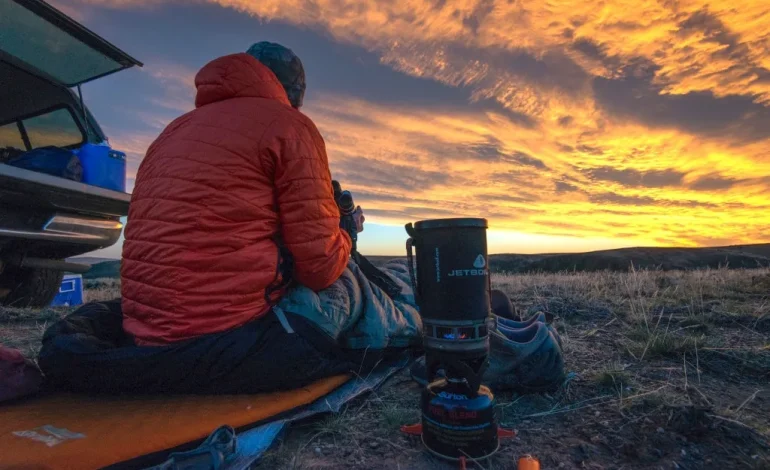Utah has revised its legal approach in its ongoing case with the US Supreme Court regarding federal land ownership, Oil City News reports.
In a recent filing, Utah clarified that it no longer seeks an order to “dispose” of 18.5 million acres of public Bureau of Land Management (BLM) land in the state. This marks a shift from an August complaint that initially requested the Supreme Court to mandate the federal government begin selling or transferring ownership of these lands.
The updated legal brief, filed on December 4, states that Utah is not asking the Court to take direct action to sell or transfer the land, nor is it seeking legislation from Congress to facilitate such actions. Instead, Utah’s new position focuses on the claim that the current federal ownership of these lands is unconstitutional. The state is requesting that the Court declare federal land ownership in Utah as invalid under the US Constitution. The filing does not specify what action the federal government should take following such a ruling.
This adjustment in Utah’s argument has been described as a “seismic change” in its position, softening the original request. According to Ryan Semerad, an attorney with expertise in public land issues, this more measured approach contrasts with the initial demand for immediate action. In the revised filing, Utah now seeks a declaration against the statutory basis for the federal government’s land retention policy, particularly focusing on the Federal Land Policy and Management Act of 1976, which established the framework for long-term federal land management.
While some critics initially perceived Utah’s original complaint as a push for a land grab, fearing it could set a precedent that undermines public access to federal lands, the latest filing presents a less aggressive stance. The controversy revolves around so-called “unappropriated” federal lands—those that are not dedicated to specific federal purposes like military bases, national parks, or conservation areas. These lands are currently managed by agencies like the BLM, and Utah argues that their federal ownership deprives the state of potential economic benefits and resources.
Utah’s legal position has gained support from Wyoming, which shares similar concerns about the large proportion of federal lands within its borders. Wyoming Governor Mark Gordon, US Representative Harriet Hageman, and a number of state legislators have filed briefs supporting Utah’s case. These supporters argue that states should have more control over federal lands within their borders, a position that aligns with Wyoming’s long-standing desire to reduce federal oversight of its land resources.
The case has broader implications, particularly concerning the future of federal land ownership in the western United States. Should the Supreme Court entertain Utah’s case, it may spark further debates about how public lands are managed and who controls them. While Utah has backed away from its original demand for the immediate disposal of these lands, questions about how federal lands could be transferred or sold remain unresolved.
The Supreme Court has yet to decide whether it will hear Utah’s case. Legal experts note that the Court must first determine whether Utah’s claim is within its jurisdiction, as the case touches on complex constitutional questions regarding federal powers and the ownership of public lands. Additionally, the Department of Justice, which has opposed Utah’s stance, may weigh in with its own position under a potentially changing administration.
For now, Utah’s modified approach shifts the focus from a direct call for land divestiture to a challenge of federal land retention policies, setting the stage for ongoing legal and political battles over public land management in the American West.









